20 studio recording tips for guitarists: "Red light fever is normal"
RECORDING WEEK 2023: We assembled a panel of experts to shed light on the dark art of recording guitars
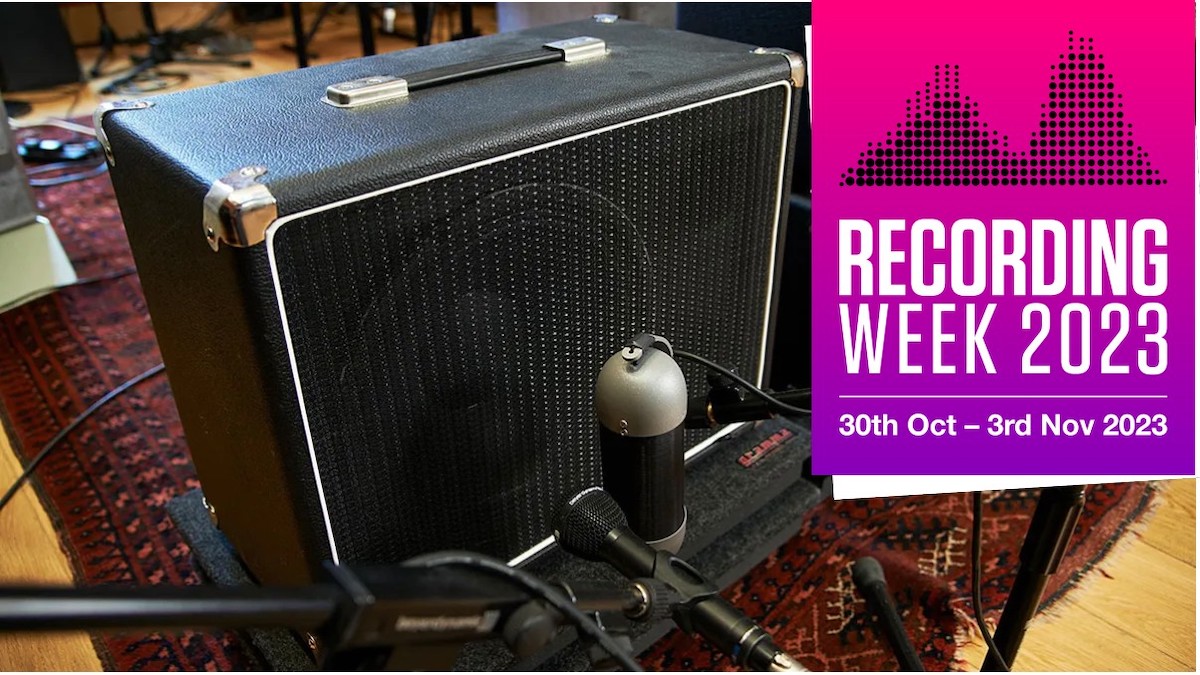
Want all the hottest music and gear news, reviews, deals, features and more, direct to your inbox? Sign up here.
You are now subscribed
Your newsletter sign-up was successful
RECORDING WEEK 2023: There’s a lot of mojo and myth around the dark art of recording acoustic and electric guitars. In an attempt to sort the useful from the useless, we've assembled a panel of experts and put together 20 essential pointers for the recording guitarist.
Whether you’re exploring ideas, writing songs and making recordings at home, or heading into the studio and cut some tracks, we’re sure you’ll find some pearls of wisdom here that will inspire your creative choices and help you get the best out of the music making tools at your disposal…
Meet the experts
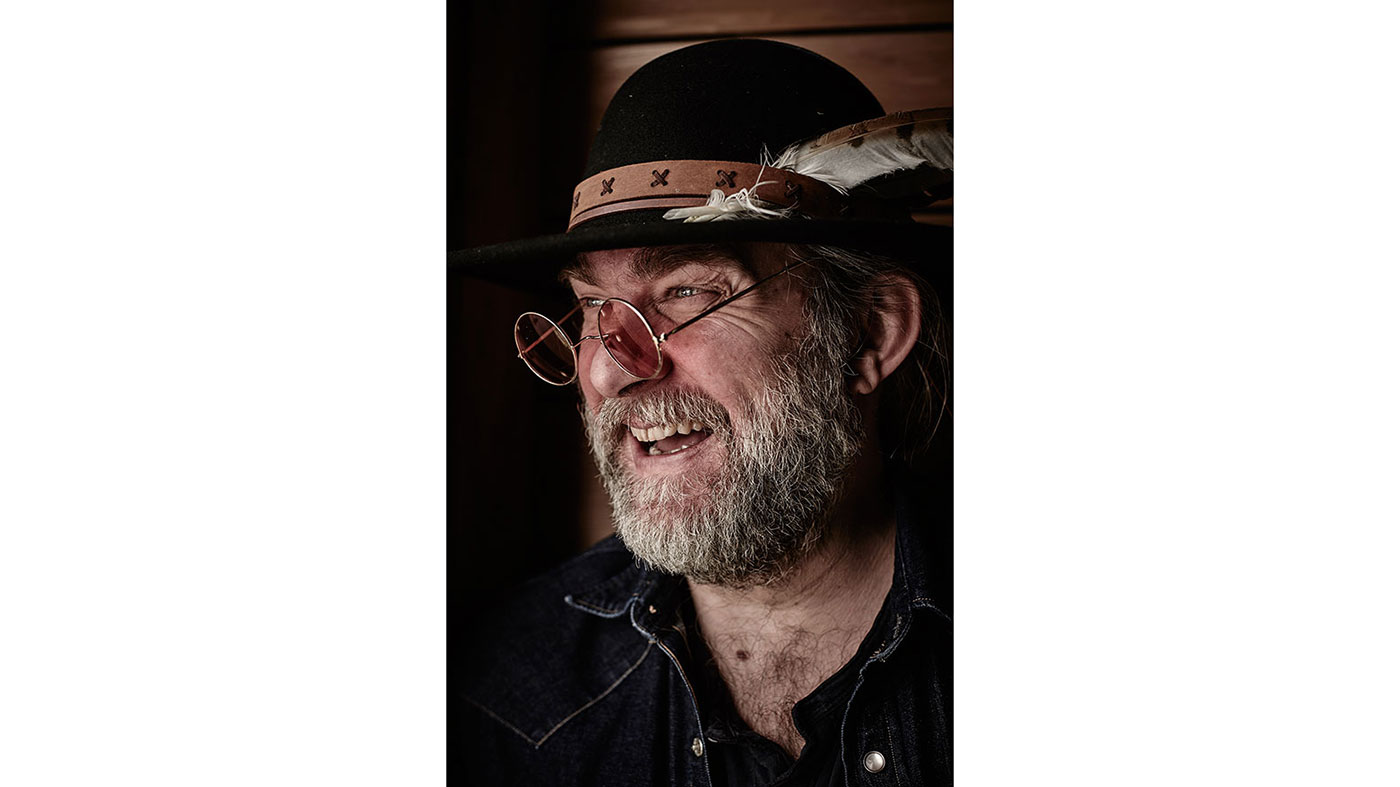
Ethan Johns
Having been raised in the studio environment, recording guitar is second nature to multiplatinum producer, mixer and engineer Ethan, either on his own as a solo artist or on innumerable collaborations.
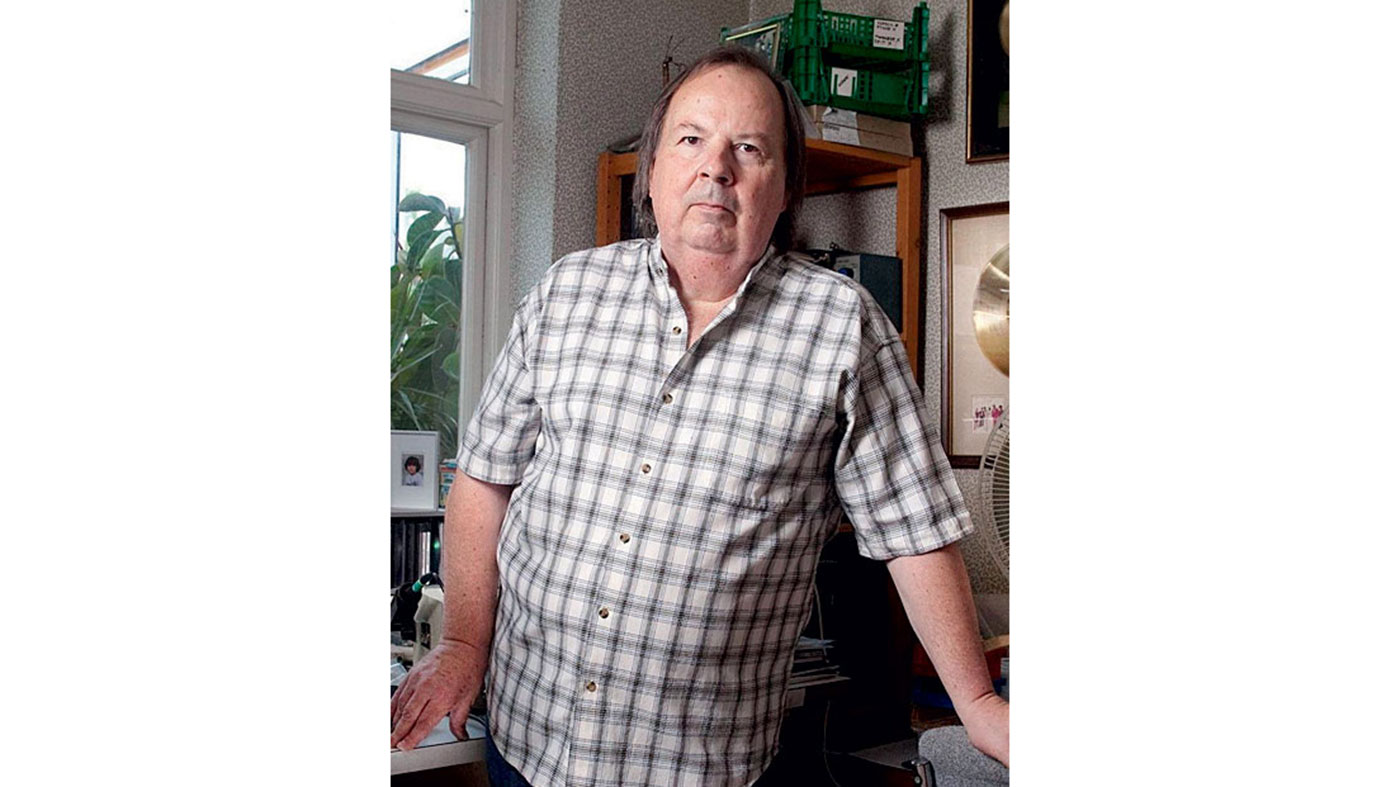
Roger Mayer
Scientist and inventor Roger has remained at the cutting edge of recording technology since the 60s, directly assisting in the development of some truly revolutionary guitar tones.
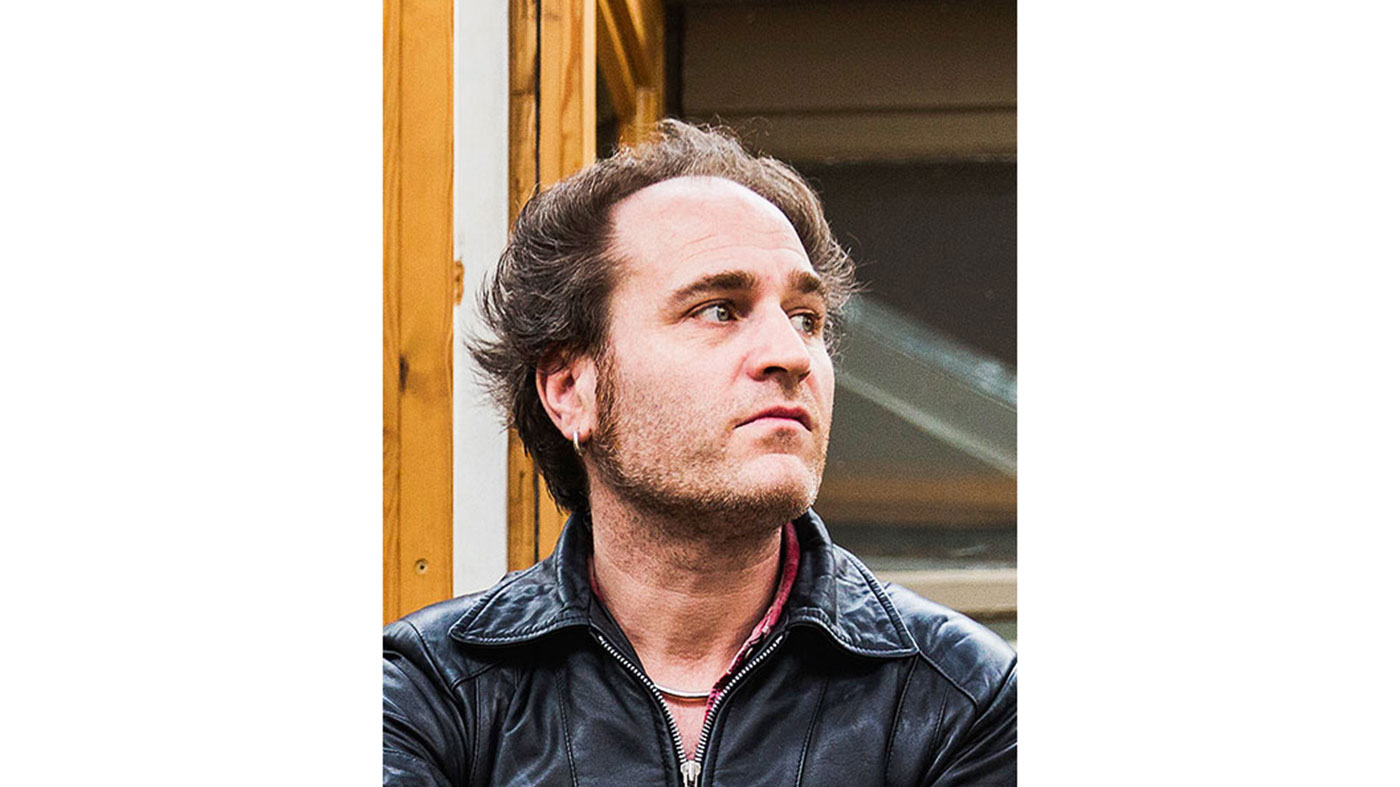
Stew Jackson
Want all the hottest music and gear news, reviews, deals, features and more, direct to your inbox? Sign up here.
As much at home on the road as a guitar-toting hired gun as he is in the studio Stew has recorded with a huge range of artists including Nick Cave, Patti Smith and Blur’s Damon Albarn.

Adrian Utley
Spending most of his time in the recording suite of his Bristol abode, the Portishead man is now breaking further ground as a pioneering multi-instrumentalist, producer, mixer and engineer.

Marc MacNab-Jack
With a fondness for capturing the realism and raw essence of natural guitar tones, Marc toured with various acts before becoming an engineer, mixer and producer at Mizpah Studios in Bath.

Dominic Bailey-Clay
Producer, mixer, engineer and owner of Wiltshire’s Nine Volt Leap studios. Opting for a more organic approach to recording, Dom’s techniques allow the natural sounds of the artist to shine through.
1. There are no rules
“There are no rules,” says multi-instrumentalist and multi-platinum producer, mixer and engineer Ethan Johns. “It’s good to be open to the journey. The most important thing is the sound that’s being made. That’s the main thing.
"I think it’s very easy to get distracted from making music thinking about gear. There’s always an excuse as to why it’ll never be good enough. Nonsense, I don’t believe in that at all. Some of my favourite records were made on incredibly limited equipment in very short periods of time.”
2. Perfection doesn’t exist
“This idea of being able to make everything perfect is really doing music a terrible disservice in the long term,” warns Ethan. “People have forgotten what they’re trying to do in the first place.
"They get sidetracked by the technical side of things. I think there are a lot of really great musicians out there who aren’t really giving themselves the opportunity to be truly great, because they’re micromanaging the expectations of what they think a perfect record, or a perfect performance, is supposed to be.”
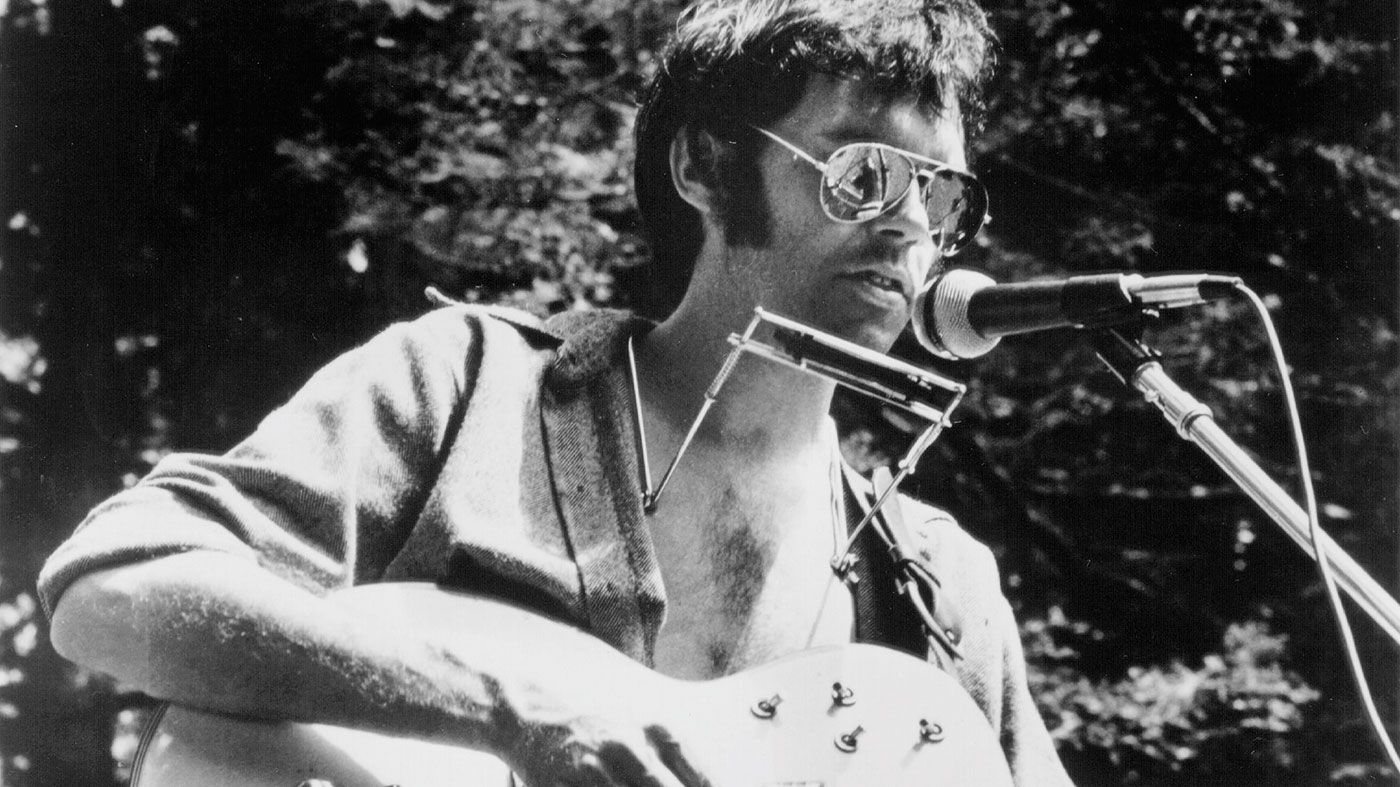
3. Be open-minded
“Everybody’s work method can be legit,” Ethan tells us. “It’s all about composition and then sharing that experience with other musicians and seeing what they bring to the table. I get more joy out of bringing in other musicians and letting them react to what I’m doing, so that I can then react to them. It’s just so much more exciting and it’s a lot more fun. Also, you get stuff that’s unexpected and you’re always surprised by where things could go.”
4. Start with the room
“The most important thing with recording guitar is the sound you’re making in the room,” advises Ethan. “You have to start there, and that will often come down to volume. If you’re going to a recording session, it’s good to have a few amps there of different wattage. Anything can work but if you want to make a good guitar recording you need to be aware of the acoustic environment you’re in.”
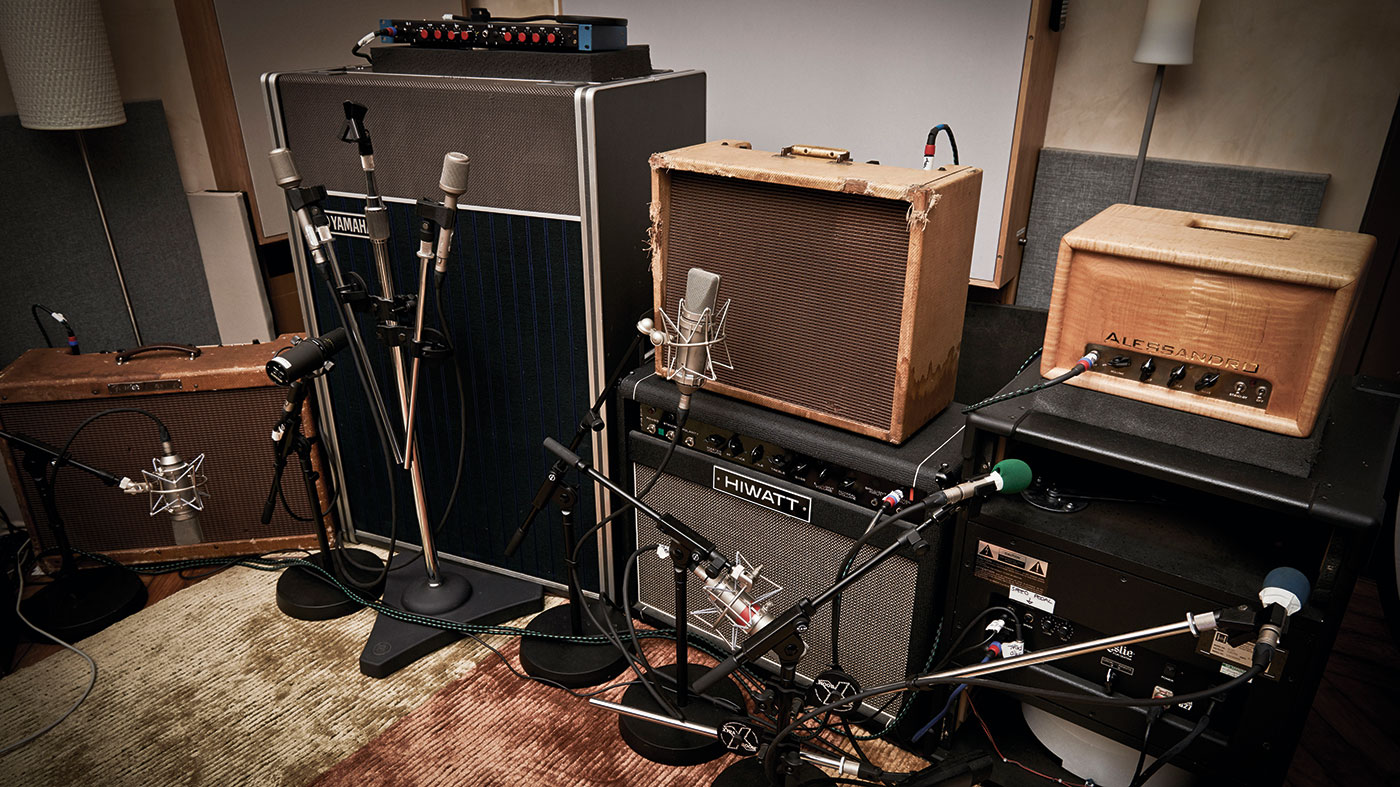
5. Experiment
“What I’ve found - and I don’t mean this offensively - is that most producers and a lot of recording engineers don’t have a scientific approach when it comes to getting their sounds,” reveals Jimi Hendrix’s right-hand man and mastermind recording engineer, Roger Mayer. “They usually stumble upon sounds by experimentation. It’s funny, because what might work for them in one room may not work in another room.”
6. Go pro
“Nowadays, studios are cheap to hire,” states Roger. “Back in the day, Olympic Studios was the equivalent of £800 per hour. These days you can expect to rent £100,000 worth of equipment in a studio and the engineer for less than the price you’d pay for an apprentice car mechanic! Get the job done professionally.”
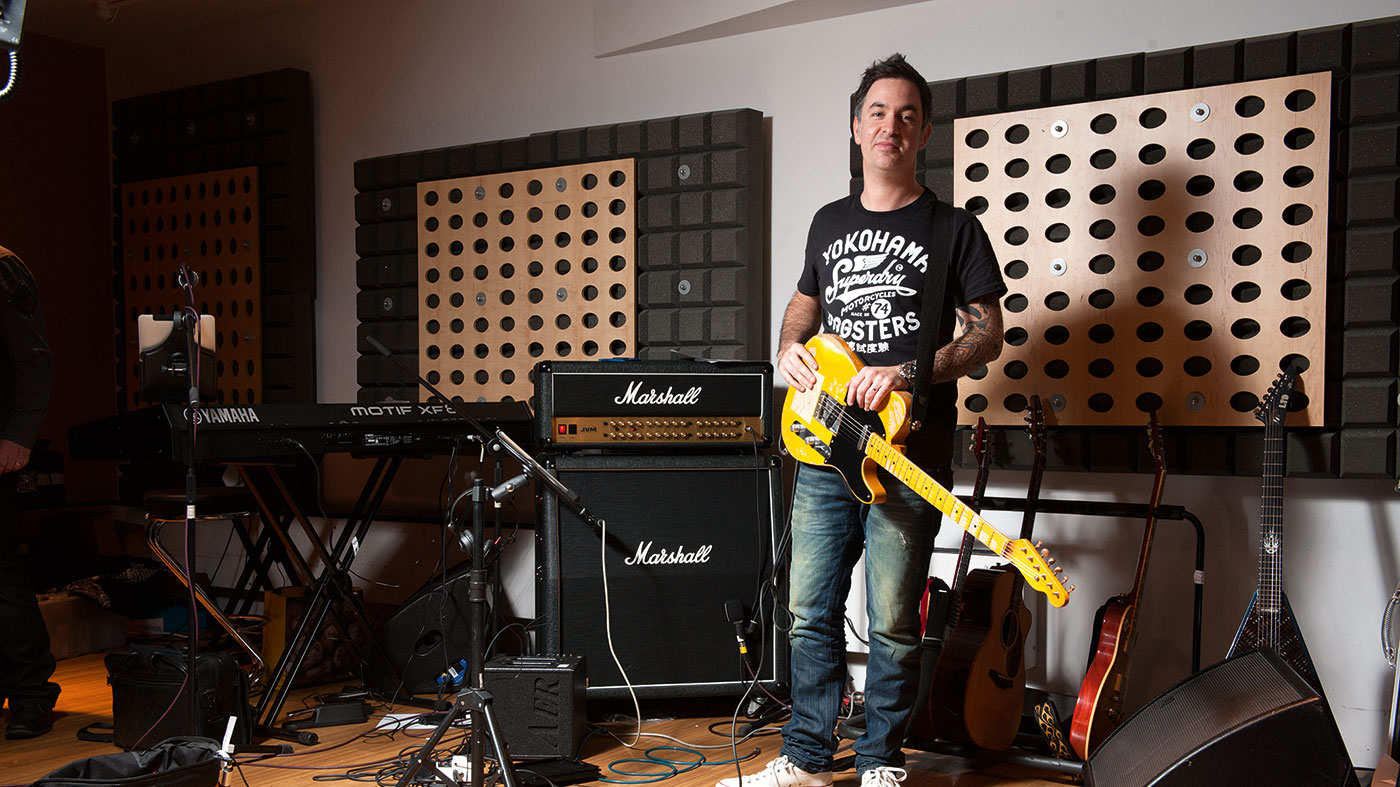
7. Keep it real
“When it comes to recording guitars, I pretty much mic everything up,” says guitarist and producer of Massive Attack and Marc Ford, Stew Jackson. “I like to keep it in the real world with guitars. When it comes to mic distance, you tend to gain a lot more of the sound of the space you’ve got your amp in if you move it further away from the speaker. If it’s a particularly nice room that can be quite cool.”
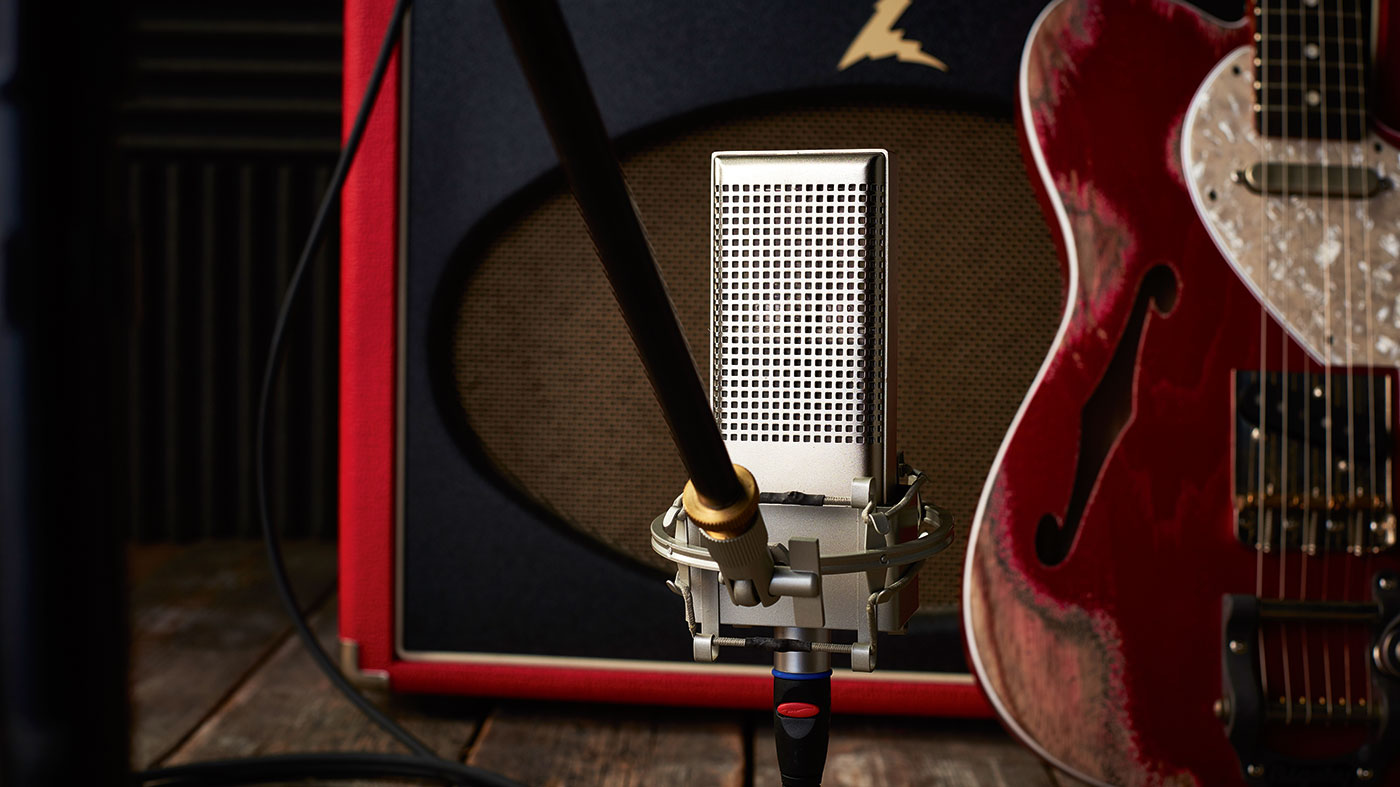
8. Play it like you mean it
“Attack is very important and that can often be about what kind of pick is being used,” Stew informs us. “Pay attention to the way a pick hits the string, because it can be many things - aggressive, non-aggressive etc. Someone can be playing super light and ask, ‘Why doesn’t it sound aggressive enough?’ A lot of the time these things are in the playing. I mean, you could have a kid pounding out a riff on a classical guitar into a mic on the other side of the room and it’ll sound more aggressive!”
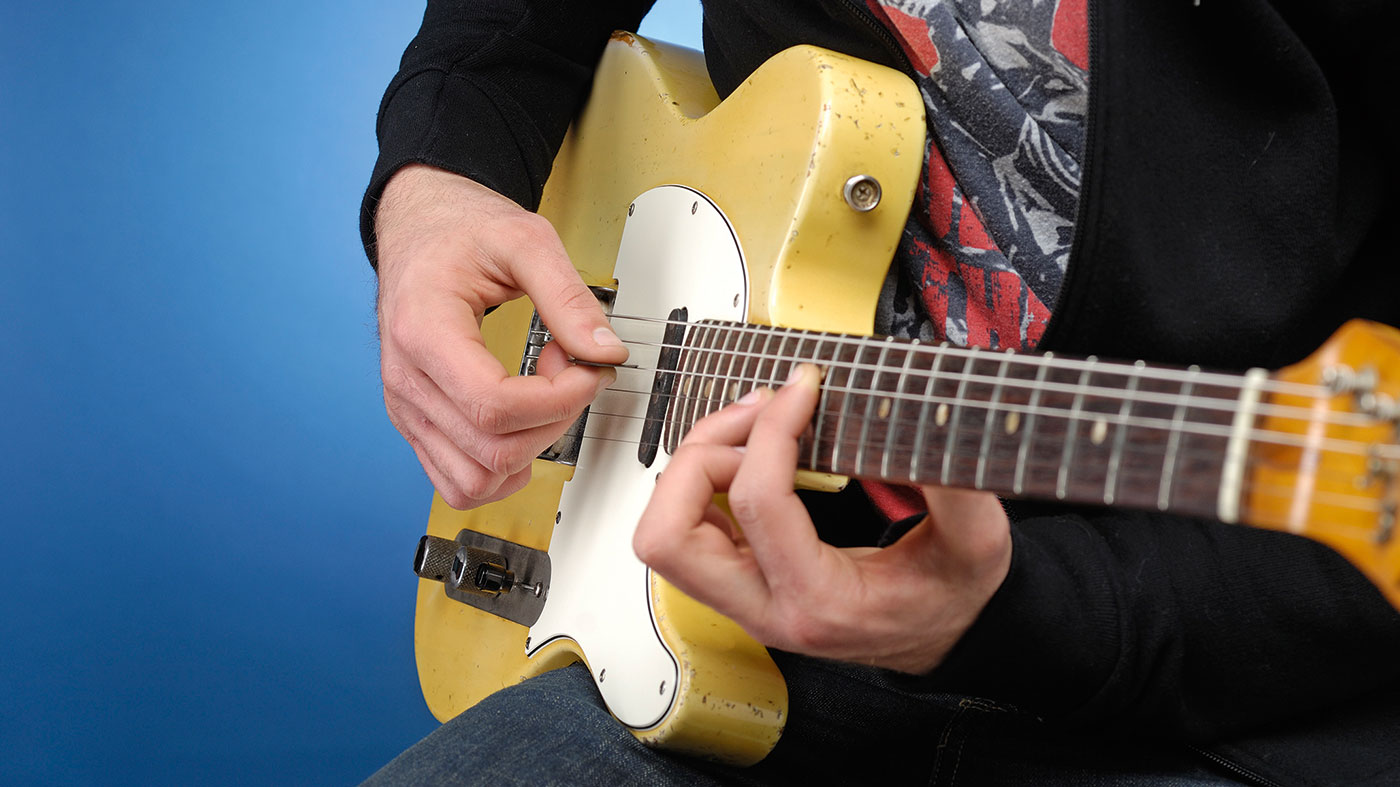
9. Be bold
“Sometimes, the artistic vision outweighs the need to make it sound pleasant,” reflects Stew. “It’s about intention at the end of the day - is it a really good song? Is it a really good idea we’re dealing with? I’m part of the way through mixing a record and some of the guitar tones we’ve opted for are vile. Disgusting! In isolation and in the mix. But it’s like broad brush strokes, or a big ol’ streak of vinegar in the gravy to cut through the cream, y’know?”
10. Learn to use reverb like a pro
“We’re always fucking with people’s sense of space when mixing and tracking,” says Stew. “Y’know - you’ve got a vocal in a cave, the drums in a giant room, and the guitars cruising over the ocean or whatever. There can be so much reverb slowly added in that you don’t notice it creeping up on you because your ears get used to it, then suddenly it’s just really confusing. I’m a massive advocate for EQ-ing the shit out of long reverbs, especially if you’ve got a lot of them in a track. I do that a lot. I band pass reverbs hard: like take all the bottom off and only let the upper mid area through. It’s great because you get the effect of a giant reverb, but it doesn’t muddy up the mix.”
11. Choose your weapon (carefully)
“Sometimes a ribbon mic can be great on a guitar cab,” recommends Portishead guitarist and producer Adrian Utley, “but you can’t have the amp absolutely bollocking if you’ve got an old ribbon mic next to it because you’ll just trash it, so maybe back off the volume a bit. They’re very fragile. You can stick a Shure SM57 straight on a Marshall that’s going full tilt and they’re OK, but with a ribbon you cannot do that - it’ll burst.”
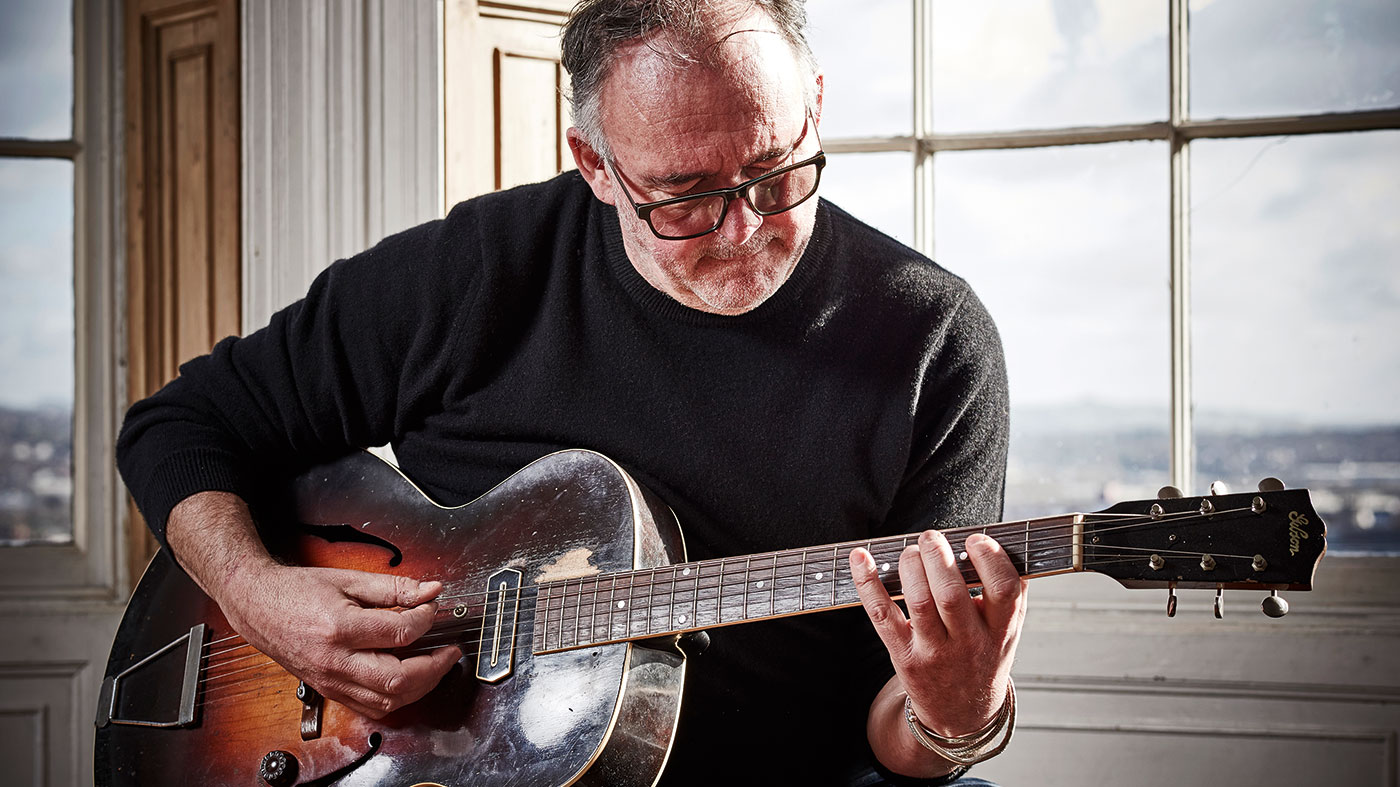
12. Give yourself options
“Try a combination of mics, like a stereo pair of acoustic room mics near the guitar, or a microphone at the end of the guitar, or on the body of the guitar, or a close mic on the guitar and a close mic on the amp,” suggests Adrian. “Then you have things that you can play around with and balance in the mix. It gives you more options, but not a crazy amount of options. You can always just switch them off and leave the close mic and it’ll be good.”
13. Red light fever is normal
“It’s fucking horrible, but everyone gets it. I get it,” confesses Adrian. “I think this is a really important thing: if you’re going to record anyone you’ve got to get it done really quick. I really concentrate the first time I play and if you don’t capture it you might have lost some of the best ideas I might have had and there’s a chance it could be just the take you want. I’ve had that a lot. If you’re recording with a band it can be really stressful because you think ‘Everybody else might get this right and I’m going to fuck it up for everyone.’”
14. Be nice
“Musicians are delicate flowers,” muses multiinstrumentalist and owner/producer at Mizpah Studios, Marc Jones, “and we can sometimes be very insecure about our playing, so it’s really important to try and make people feel comfortable. As a producer, it’s about leaving your stuff at the door as much as the performer needs to and creating a homely environment. If you manage to create that environment, you can often avoid the unnecessary meltdowns.”
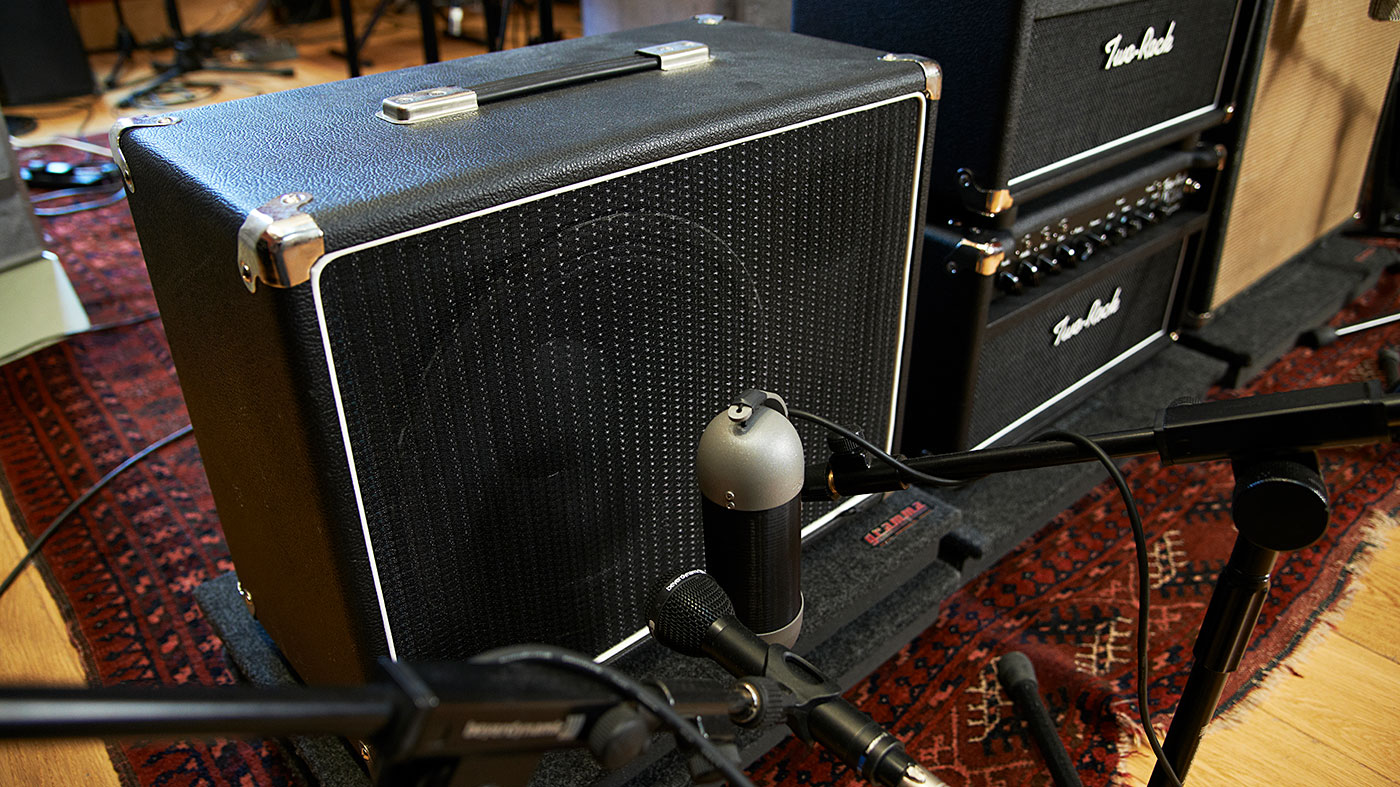
15. Go binaural (or not)
“When you go into a room where somebody’s playing, you hear it in stereo,” explains Adrian, “so it’s quite nice sometimes to reproduce that with stereo mics, or try to. Who knows, that might lead you down a path of ‘Oh well, that sounds a bit too natural - let’s do something like face the mic against the window!’”
16. Be nasty
“Sometimes it’s good to have a sense of being unsettled and insecure, but we need to make sure that people feel okay to be like that,” affirms Marc. “I’ve been in situations as a performer where people have tried to piss me off to get a better performance out of me - and it’s worked! You’ve got to understand music and have a good ear, but it’s as much about communication and being personable as anything else.”
17. Get dirty
“I love the records where you can hear the noise from amps,” enthuses Marc. “The Kinks are famous for that - those dirty kinds of sounds. I love all that character and atmosphere. Sometimes, if the amp’s too dirty - like it needs a service or something - it might compromise the tone, but if the tone is there, great! It sounds like a human being playing guitar. I love stuff that sounds like a real-life experience.”
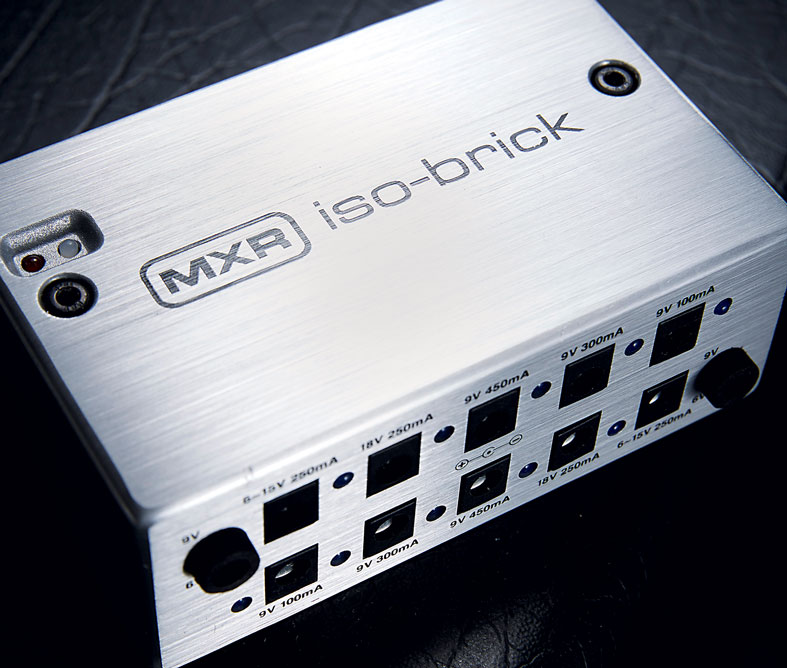
18. Cut the crap
“Noisy power adaptors can be a problem,” says Dominic Bailey-Clay, multi-instrumentalist and owner/producer at Nine Volt Leap studios. “When you’re playing live, people don’t notice it as much, but as soon as you put a mic in front of an amp, all of that noise is immediately heightened. I tend to take everything out of the signal chain that’s not being used and only include what we’re actually going to be using. That way you’ll be working with as clean a signal as possible.”
19. Set up your guitar
“It’s a good idea to have your guitar set up properly before you record,” advises Dom. “The thing that I probably have the most issues with when recording guitars is intonation - which is just an unnecessary pain in the arse.”
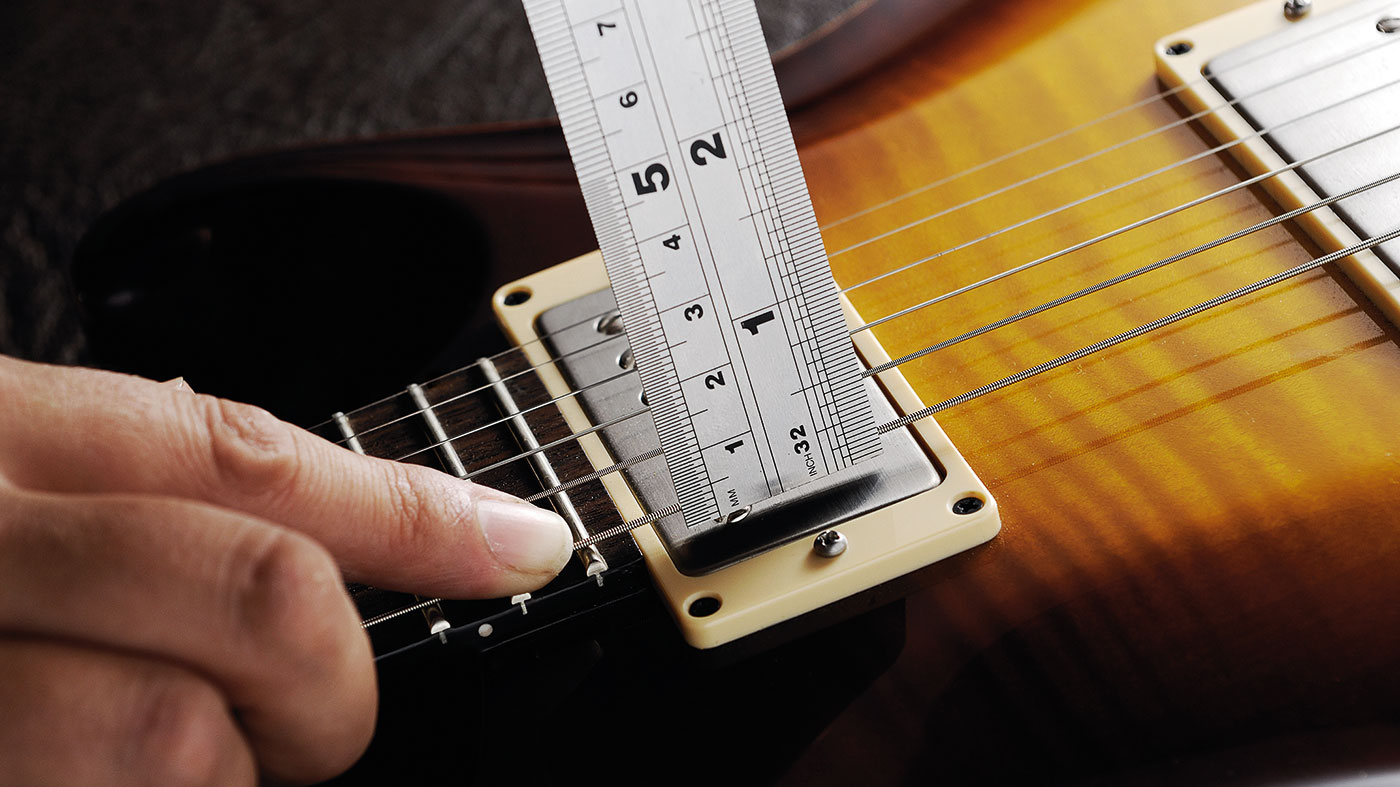
20. Be natural
“You just can’t beat natural reverbs and there’s always something unique about it,” recommends Dom. “Occasionally, if I want to get a natural reverb from a real space, I’ll take a clean DI at the same time I’m recording the guitar cab and later send that back out using a re-amping box to a suitable amp in a nice acoustic space. I tend to use a matched pair of stereo mics, like the Neumann KM 184s, facing away from the speaker to record the natural reverb. The big entrance hall at the front of my studio building sounds massive. It’s close to a five or six second reverb trail.”
MusicRadar is the number one website for music-makers of all kinds, be they guitarists, drummers, keyboard players, DJs or producers...
- GEAR: We help musicians find the best gear with top-ranking gear round-ups and high-quality, authoritative reviews by a wide team of highly experienced experts.
- TIPS: We also provide tuition, from bite-sized tips to advanced work-outs and guidance from recognised musicians and stars.
- STARS: We talk to musicians and stars about their creative processes, and the nuts and bolts of their gear and technique. We give fans an insight into the craft of music-making that no other music website can.
